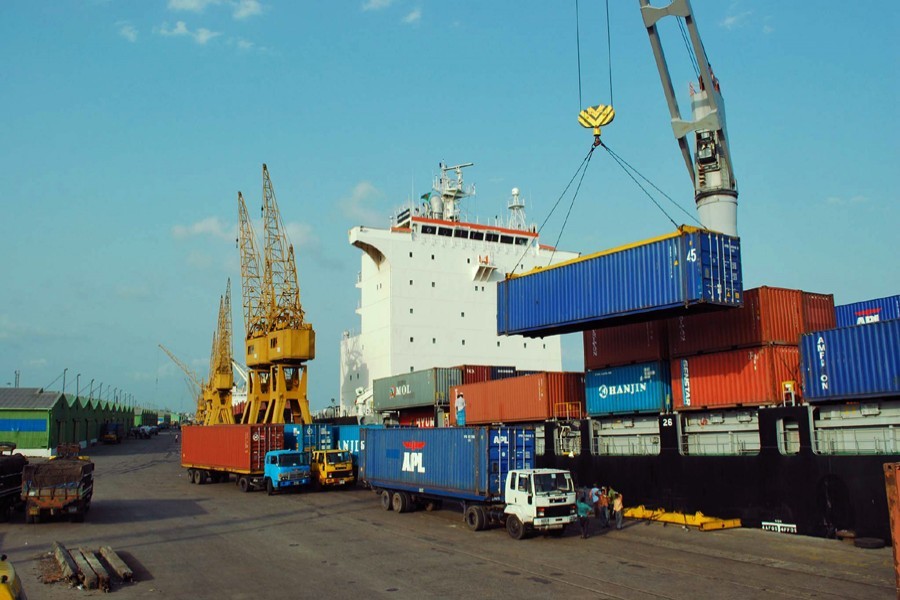
Published :
Updated :

The country imports grain and other food items worth Tk 1.05 trillion in the financial year 2022-23 though the supply of two major staples declined amid low imports.
The consumption (import and production) of rice and wheat in the country was about 4.54 million tonnes in FY '22 which came down to 4.44 million tonnes in FY’23.
As a result, the supply of the two main staples was lesser which had an impact on the market as prices of rice and flour increased notably.

It was revealed at the last day's plenary session of the two-day 'The Asia Pacific Right to Food and Agrifood System Conference 2023' held at Nawab Nawab Ali Chowdhury Senate Building in Dhaka University in the capital on Thursday, organised by national and international organisations and networks including "Khadya Adhikar Bangladesh (Food Right Bangladesh)".
Christian Aid Country Director Nuzhat Zebin chaired the session titled Future Trajectories of Agroecology in Agrifood Systems and Its Governance.
Bangladesh Agricultural Journalist Forum (BAJF) General Secretary Shahanuare Shaid Shahin presented the keynote speech.
Prof Abdul Hamid of Bangladesh Agricultural University, joint secretary of the Ministry of Agriculture and Livestock Development of Nepal Sanjeev Kumar Karn and senior expert of SAARC Agricultural Center Dr Sikandar Khan Tanveer were panel discussants, among others.
The keynote said production of 9 major agricultural and food grains in the country in the financial year 2017-18 was 63.4 million tonnes which has increased to 75 million in FFY '23.
For the last one decade, the consumption of rice (production and import) in the country was on average 36.4 million tonnes and wheat 5.0 million tonnes.
But in the last two financial years wheat consumption was below 5.0 million tonnes, said the paper.
As a result, due to relatively low supply of wheat in the market and the increase in the price of the product in the global market, the price of flour in the country increased abnormally even though it surpassed that of rice, the paper said.
However, speakers at the panel discussion placed some recommendations for the food security of the country that include developing climate resilient, environment-friendly agricultural systems to protect small and marginal farmers.
Ensuring the Right to Food Act for all; strengthening people-friendly agriculture and food systems rather than corporate controlled agriculture systems to make agriculture and food systems equitable and sustainable; building multilateral partnerships in agriculture and food systems were some recommendations.


 For all latest news, follow The Financial Express Google News channel.
For all latest news, follow The Financial Express Google News channel.